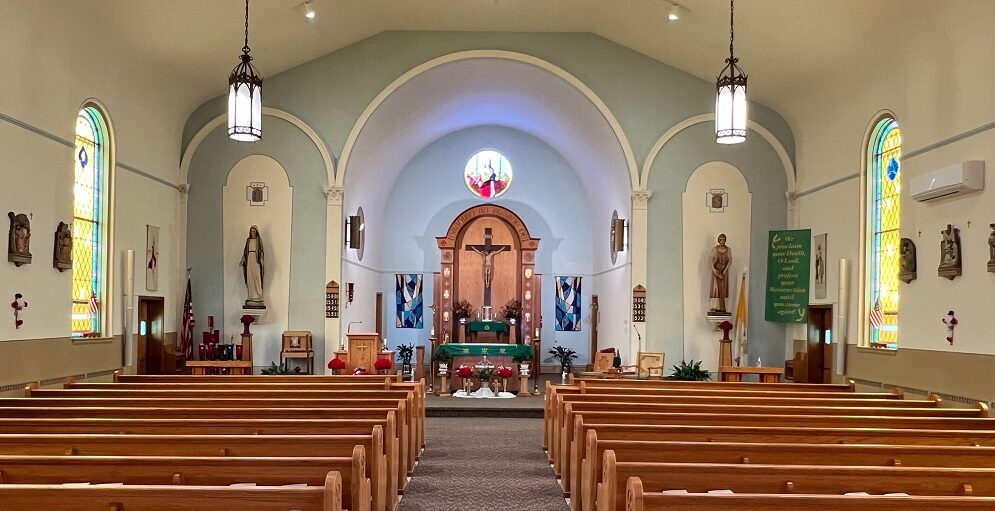The Sacraments are efficacious signs of grace, instituted by Christ and entrusted to the Church, by which divine life is dispensed to us. A sacrament is a symbolic rite in the Christian religion, in which an ordinary individual can make a personal connection with God. That connection, called inner grace, is transmitted to a parishioner by a priest or bishop, who uses a specific set of phrases and actions in one of seven special ceremonies.
In a false person, sacraments do not produce any effect.” ― Saint Thomas Aquinas
The Seven Sacraments of the Roman Catholic Church
- Baptism takes away Original Sin and all personal sin while uniting us to Christ and His people.
- Confirmation deepens our union with Christ and helps us proclaim our faith in Him before others.
- Holy Eucharist gives us the Body and Blood of Jesus as our daily spiritual food to nourish our union with Him.
- Penance and Reconciliation (Confession) restores our union with Christ disrupted by personal sins.
- Holy Orders gives a man the power of uniting or reuniting believers with God as a Deacon, Priest, or Bishop.
- Holy Matrimony makes a man and a woman husband and wife and gives them grace to live with God, for God and each other.
- Anointing of the Sick heals and strengthens our union with Christ during times of serious illness.
Why do the sacraments matter? (1:45)
